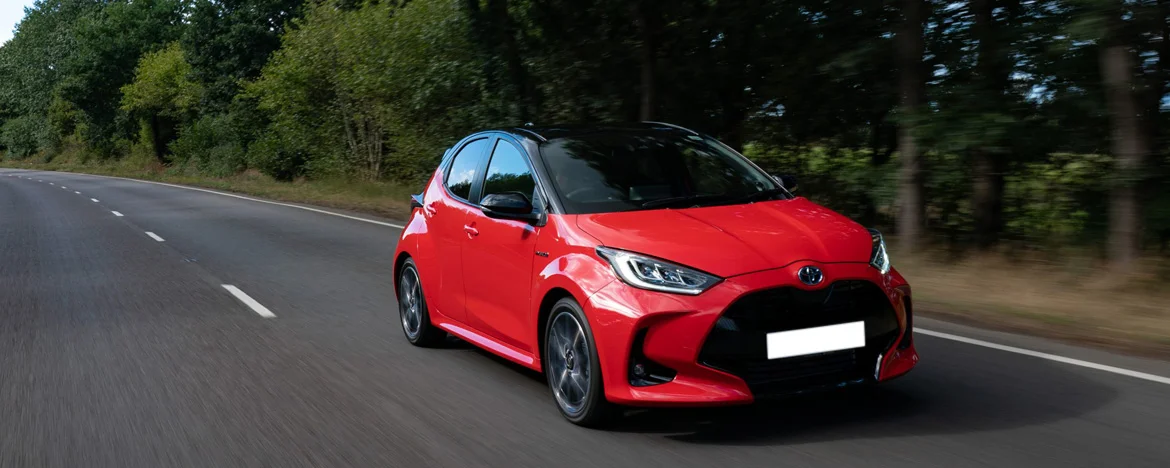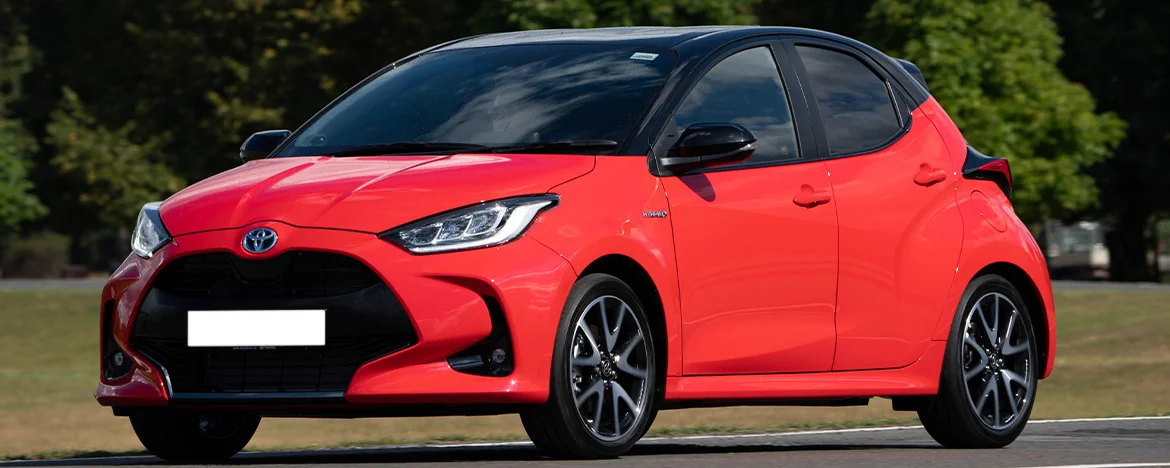SMMT data shows 40% spike in hybrid electric car registrations in January 2023
New figures from the Society of Motor Manufacturers and Traders (SMMT) has revealed there was a 40% increase in hybrid electric vehicle (HEV) registrations in January 2023 compared to January 2022.
As per the SMMT’s vehicle data registrations, 18,976 HEVs were registered in January this year.
These figures mark quite the rise from January 2022, where only 13,492 vehicles were registered, with the 2023 figures accounting for the largest percentage swing of any vehicle type.
Only petrol-powered vehicles saw a bigger increase in volume, with an additional 7,505 vehicles registered in 2023 – though this only accounted for a 14.6% change from the previous January.
This comes as there were over 12% fewer diesel vehicles registered in January 2023, while nearly 20% more battery electric vehicles (BEVs) hit our roads.
With a reported market share of 14.4%, HEVs were the second biggest vehicle type – rising from fourth in January 2022.






